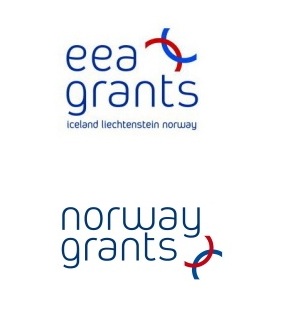Conclusions - 3
25) The difficult situation on the labor market, however, forces the immigrants to learn the language, as poor language skills are a hindrance to finding a job. Unemployed immigrants are additionally under the obligation to attend language courses, which are provided to them free of charge. This is a way of improving the integration of immigrants with the host society, as well as a method of keeping them occupied.
26) The media discourse in Iceland concerning immigrants is generally perceived as negative, though when referring to foreigners in general it is yet more negative than when referring to Poles in particular.
27) The longer immigrants have remained on the island and the more they understand Icelandic and follow the newspapers, the more they perceive this media discourse as discriminating. Such an observation may have the paradoxical effect that in spite of improving language skills, the immigrants' desire to integrate with the rest of society could diminish.
28) Poles displayed little involvement in Icelandic affairs, few of the subjects had voting rights, some of them had the right to vote in local elections and did exercise it.
29) Poles display a tendency to isolate themselves from Icelandic society. This isolation is mainly on a cultural level, and is manifested by lack of familiarity with local customs and above all, lack of Icelandic language skills. Lack of knowledge of Icelandic is reflected in the migrants' social capital, with their social networks being primarily among “their own people”, or other foreigners. The lack of Icelandic social and cultural capital influences how the immigrants celebrate festivities and the company in which they spend their free time.
30) With a few exceptions, Poles were rather unfamiliar with the Icelandic calendar of festivities and were totally withdrawn from Icelandic traditions and customs, actively cultivating Polish tradition instead. The dominating attitude was to treat Icelandic national holidays as time away from work, to be spent with acquaintances and friends, in most cases other Poles. Our subjects displayed little interest in Icelandic anniversaries, whether at the cognitive level or in behavior. With respect to free-time activities they were quite similar to the Icelanders, although as a rule they carried them out in their own company.
31) The Polish emigrant community in Iceland is similar to those in other countries with respect to its attitude towards Poland. Poland is not indifferent to the emigrants, they follow events in the home country (via television, Internet, etc.) but without great involvement, preoccupation, nostalgia or the lofty patriotism characteristic of older emigrant communities, as could be seen in the aftermath of the Smolensk tragedy.
32) Most Polish immigrants were aware of the ceremonies in memory of the victims of the Smolensk disaster organized by teachers from the Polish school, however attendance was not universal. The Smolensk tragedy united the Poles only briefly. A few initiatives in commemoration of this event did appear, these may be classified as religious activities (mourning Masses), national activities (exhibition of flags, wearing black ribbons), and civic activities (a vigil and lighting candles in front of the Consulate, an assembly at the Polish school).
- << Prev
- Next



